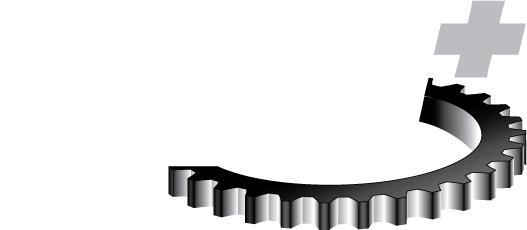
Mechanical Power Transmission Devices and Systems
Power transmission is the movement of energy from its place of generation to a location where it is applied to perform useful work. Power is thus formally defined as units of energy per unit time. A mechanical device is a mechanism for the transmission of mechanical power, usually with a transformation of the force, torque, speed, and, in some cases, nature of motion. Thus, the working definition of Mechanical Power Transmission is: A device, or collection of devices and individual components that form a mechanism to transmit and manipulate mechanical energy over time (i.e., power) from input to output.
This course is designed to investigate all the various mechanical power transmission technologies, devices and theories of operation as they apply to automotive and mobility applications. Learners will develop a categorized organization to the various means of directing and manipulating mechanical power as it is transferred from a source to its point of use.
Learning Objectives
By completing this course, you will be able to identify, recognize or articulate:
- A classification system of mechanical power transmission devices
- Differences in mechanical power transmission devices that rely on friction and those that do not
- Various means to manipulate mechanical power from its source to its point of use
- Subtle differences in the various devices within a technology / functional grouping
- The similarity of the phrase “order of the device” to that of the order of a polynomial
Who Should Attend
The intended audience for this course is powertrain engineers, powertrain development specialists, engineers involved in the application or design of transmissions, or other technical personnel who need to understand the operational theories and functional principles of mechanical power transmission systems.
Prerequisites
Because this course is targeted at several design and engineering disciplines, learners should have a B.S. in engineering or related field and preferably multiple years design experience in mechanical powertrain systems.
Topics
- 1st, 2nd and 3rd order devices
- What is meant by an “x order device”
- Examples
- Device specific development, explanation, application and discussion
- 1st order
- 2nd order
- 3rd order
- General “purpose” concepts and technologies as applied to listed devices
- Power transmission
- Friction (where needed, where it is nor desired)
- Lubrication and cooling
- Contact patch (region) explanation, analysis and failure mechanisms
- Forces, strain energy, stresses, service life and performance
